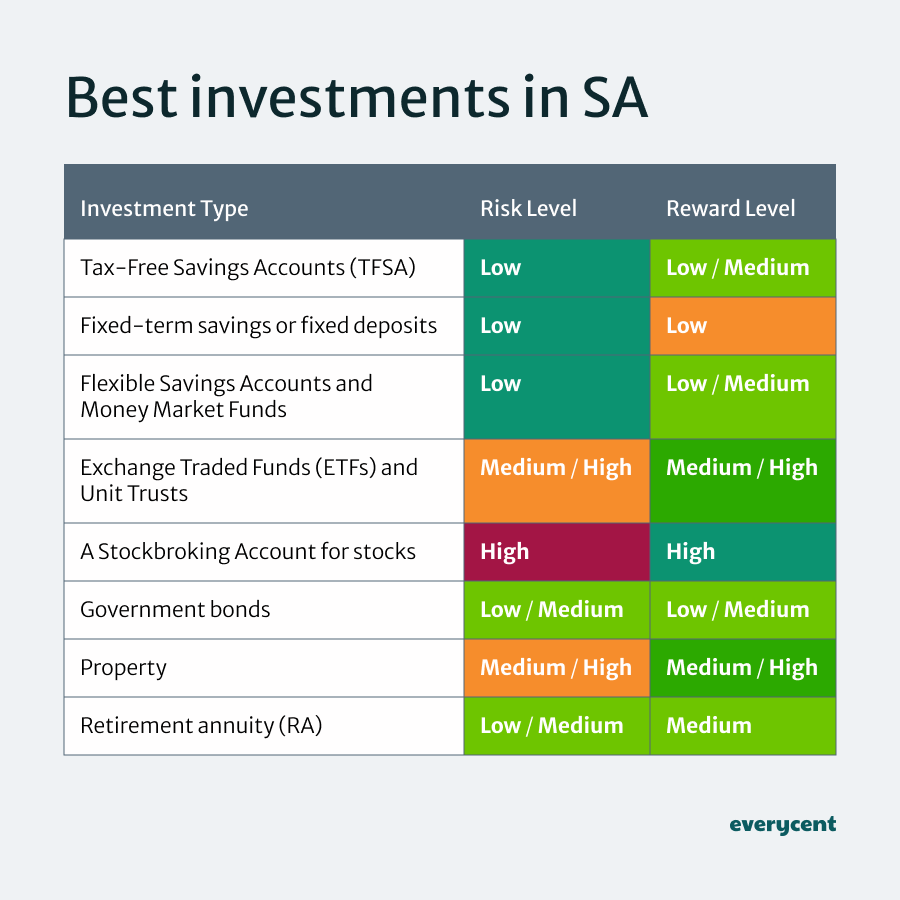**Introduction**
In the captivating world of investments, the legal industry has emerged as a beacon of opportunity, offering astute investors a pathway to not only reap financial rewards but also align their investments with their moral compass. Unlike the tumultuous waters of other investment realms, the legal industry provides a haven of stability and ethical fortitude, presenting investors with an unprecedented opportunity to make their money work for them while upholding their values.
The legal industry is awash with dynamic investment options, each tailored to suit the diverse needs and risk appetites of investors. These options span the spectrum from traditional equity investments in established law firms to innovative ventures harnessing the transformative power of technology.
In this comprehensive guide, we will delve into the intricacies of the legal industry’s investment landscape, illuminating the key considerations, potential returns, and ethical implications involved. Whether you are a seasoned investor or just dipping your toe into the waters of the financial world, this guide will equip you with the knowledge and insights you need to make informed investment decisions that align with your financial aspirations and moral compass.
**Unveiling Promising Investment Options**
The legal industry is a treasure trove of investment opportunities that cater to a wide range of investor preferences. For those seeking a piece of the action in established law firms, direct equity investments offer a proven track record of steady returns. These investments typically involve acquiring a stake in a law firm, entitling investors to a share of its profits and dividends.
However, if you crave a taste of the future, legal technology ventures beckon, promising a glimpse into the transformative power of innovation. These ventures are at the forefront of developing cutting-edge solutions that are reshaping the legal landscape. By investing in these ventures, you not only reap the potential rewards of technological disruption but also contribute to the modernization of the legal industry.
Real estate investments within the legal realm present another compelling avenue for growth. Law firms often require specialized office spaces to accommodate their unique needs, creating a steady demand for commercial real estate. By investing in properties tailored to the legal industry, you can capitalize on this burgeoning market and enjoy a steady stream of rental income.
Investing in legal education also holds immense potential. The ever-evolving nature of the law necessitates continuous professional development for legal practitioners. By investing in legal education providers, you can tap into the growing demand for high-quality legal training and reap the rewards of a knowledge-based economy.
Don’t shy away from exploring alternative legal services, which are gaining traction as businesses and individuals seek cost-effective and efficient legal solutions. These services encompass a broad spectrum, including document review, legal research, and compliance consulting. Investing in alternative legal services providers allows you to participate in the expansion of this dynamic sector and benefit from its growth potential.
**Better Investment Options: A Comprehensive Guide**
In today’s ever-fluctuating financial landscape, smart investors are constantly searching for superior investment options to outpace inflation and reach their financial goals. With overwhelming choices flooding the market, it can be daunting to navigate the complexities. But fear not, for this article delves into some of the most promising investment opportunities available.
**Hedge Funds**
Hedge funds have long been the exclusive domain of high-net-worth individuals and institutions. However, certain hedge funds now cater specifically to the legal industry, providing investors with access to specialized expertise and sophisticated investment strategies. These funds often employ leverage and short-selling techniques, offering the potential for both enhanced returns and reduced risk through diversification.
**Private Equity**
Private equity involves investing in privately held companies or businesses that are not publicly traded on stock exchanges. Unlike venture capital, private equity typically targets more mature and stable companies with established cash flows. This asset class offers the potential for significant long-term growth, although it is often less liquid than other investments.
**Real Estate Investment Trusts (REITs)**
REITs are a unique investment vehicle that allows individuals to gain exposure to the real estate market without directly owning properties. These trusts own and manage a diversified portfolio of real estate assets, ranging from apartments to office buildings. They offer the benefits of income generation through rental payments and potential appreciation of property values.
**Fixed-Income Securities**
Fixed-income securities, such as bonds, offer investors a return known as a coupon payment, which is a fixed interest rate paid periodically. These investments are typically less volatile than stocks, making them a suitable option for those seeking stability and income. Government bonds and corporate bonds are the most common types of fixed-income securities.
**Commodities**
Commodities, such as oil, gold, and agricultural products, provide exposure to a different asset class that can diversify an investment portfolio. These investments can be traded through futures contracts or exchange-traded funds (ETFs). They offer the potential for inflation protection and diversification benefits, but they can also be sensitive to changes in supply and demand.

No responses yet